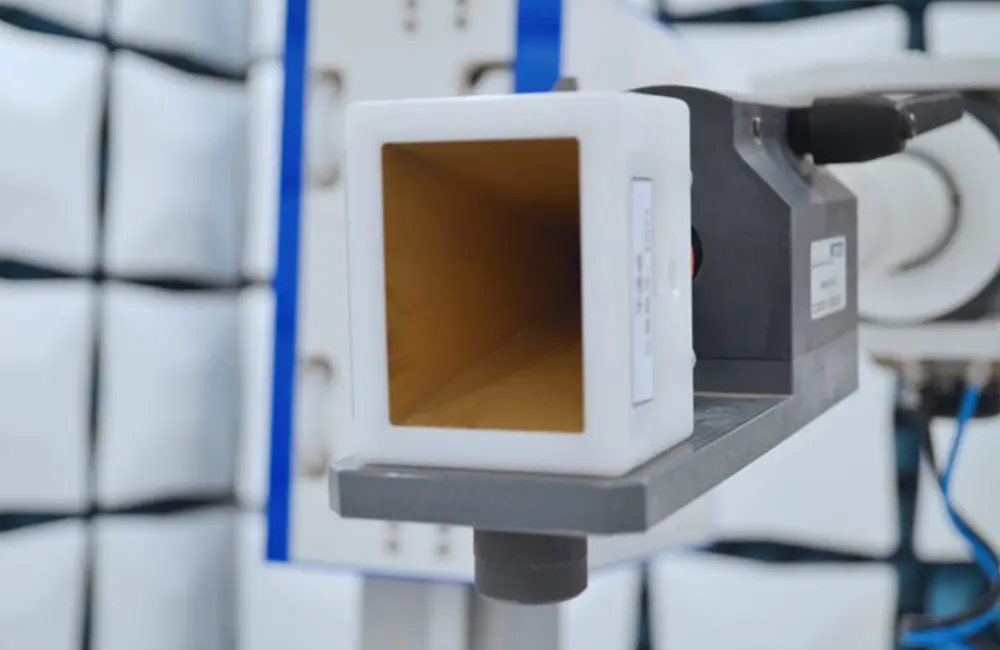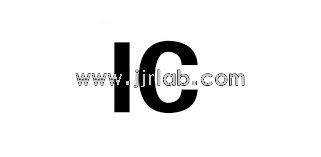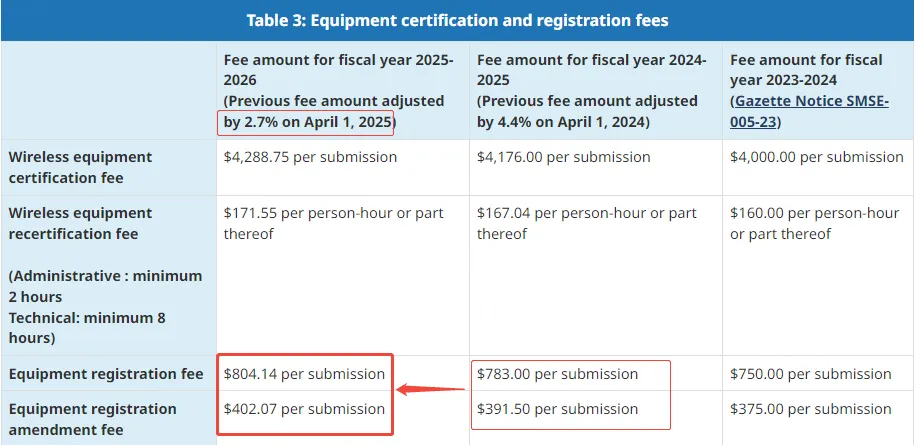
Radio Certification FCC 15.247
There are FCC certification requirements for 2.4GHz wireless products when sold in the North American market. Certification tests are also different depending on factors such as product classification and application technology. This article will briefly outline the FCC certification requirements for this type of product. and test standards analysis.

Certification standards:
FCC PART 15.207 Conducted limits
FCC PART 15.209 Radiated emission limits
FCC PART 15.215 Additional provisions to the general radiated emission limitations
FCC PART 15.247 Operation within the bands 902?C928 MHz, 2400?C2483.5 MHz, and 5725?C5850 MHz
FCC PART 15.249 Operation within the bands 902?C928 MHz, 2400?C2483.5 MHz,5725?C5875 MHZ, and 24.0?C24.25 GHz.

Testing requirements:
When 2.4Ghz wireless products enter the US market, wireless mice, Bluetooth products, etc. must apply for FCC certification in the form of FCC ID, and relevant test reports must also be published on the FCC's official website for inquiry. There are regulations in the FCC PART 15 specification that describe the testing requirements for products with operating frequencies in the frequency range of 2.4-2.4835Ghz; the main reference standards are 15.247 and 15.249 (the two are in a parallel relationship, and 15.249 can be used for devices with very low power) , see the table below for details:
Test standard basis | Test items | judgement standard | Modulation | Remark | ||||
FCC Part15.207 | conducted disturbance | Frequency of emission (MHz) | Conducted limit (dBμV) | ALL | Equipment powered only by batteries or not powered by AC does not need to be tested | |||
Quasipeak | Average | |||||||
0.15?C0.5 0.5?C5 5?C30 | 66 to 56* 56 60 | 56 to 46* 46 50 | ||||||
FCC Part15.247(a)(1) | Frequency hopping interval | 25KHz or 2/3 frequency hopping 20dB bandwidth | frequency hopping system | Choose the one with the larger frequency between the two limit standards. | ||||
FCC Part 15.247(a)(1) (iii) | Number of channel jumps | At least 15 channels | Frequency hopping system / digital modulation | |||||
dwell time | Within the period of each carrier frequency ( the number of frequency hopping channels multiplied by 0.4 seconds ) , the average time occupied by any frequency shall not exceed 0.4 seconds . | |||||||
FCC Part15.247(b)(1) | maximum conduction Output Power | 0.125 watts | frequency hopping system | |||||
FCC Part15.247(b)(3) | 1 watt | digital modulation | Also refer to Test Maximum Conducted Output Power | |||||
FCC Part15.247(a)(2) | Minimum 6dB bandwidth | At least 500KHz | digital modulation | |||||
FCC Part15.215(c) | 20 dB bandwidth | Infinite value requirement | frequency hopping system | |||||
FCC Part15.247(d) | edge bandwidth | At least 20dB below | Spread spectrum / digital modulation | |||||
Or: less than 54dBuV (AV), less than 74dBuV (PEAK), | ||||||||
FCC Part15.247(e) | Power Spectral Density | ≤8dBm @3KHz | digital modulation system | |||||
FCC Part15.247(f) | average occupied time | For combined systems with frequency hopping operation , the period in seconds (equal to the number of frequency hopping channels multiplied by 0.4 seconds) cannot exceed 0.4 seconds with direct sequence or digital modulation operation turned off. | Hybrid system combining frequency hopping and digital modULation techniques | |||||
A hybrid system working with digital modulation, with frequency hopping turned off, should satisfy | ||||||||
FCC Part15.209 | Radiation harassment | Frequency (MHz) | limit (MICrovolts/meter) | Measure distance (meters) | ALL | Frequencies below 1G are QP limits | ||
0.009?C0.49 0.490?C1.705 1.705?C30.0 30?C88 88?C216 216?C960 Above 960 | 2400/F(kHz) 24000/F(kHz) 30 100 150 200 500 | 300 30 30 3 3 3 3 | ||||||
FCC Part15.249(a) | Radiation field strength | Fundamental field strength (millivolts/meter) | Harmonic field strength (microvolts/meter) | ALL | This limit is the AV value limit, and the PK value is added 20dB on this basis. Please refer to FCC PART15.35 | |||
50 | 500 | |||||||
Email:hello@jjrlab.com
Write your message here and send it to us
 What is Protection Class EN 60529?
What is Protection Class EN 60529?
 IP69 Certified Protection
IP69 Certified Protection
 California Energy Commission Testing Lab
California Energy Commission Testing Lab
 What Does the Canadian IC Mark Mean?
What Does the Canadian IC Mark Mean?
 How Much is the Canada IC ID Certification cost?
How Much is the Canada IC ID Certification cost?
 How Much is the Canada IC ID Certification Fee?
How Much is the Canada IC ID Certification Fee?
 How Much is the UL 982 Test Report csost?
How Much is the UL 982 Test Report csost?
 ISO/IEC 17025 Accredited Test Laboratory
ISO/IEC 17025 Accredited Test Laboratory
Leave us a message
24-hour online customer service at any time to respond, so that you worry!




